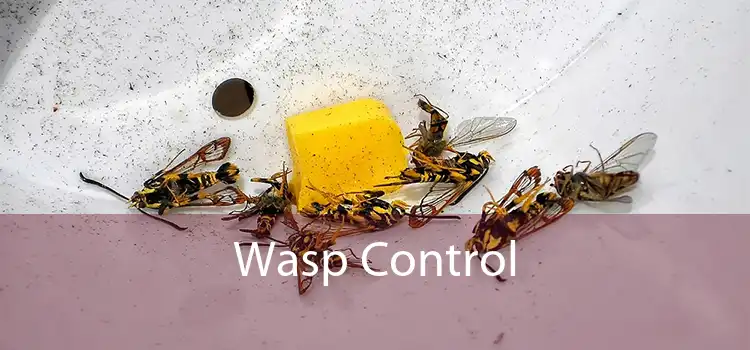How to Prevent Moisture Pests After Glen Ellyn’s Rainy Days
Homeowners in Glen Ellyn know the drill all too well. A week later, it is the same scenario: you see silverfish rushing across your bathroom floor or mosquito adults laying eggs in stagnant water in your yard. The village receives about 38 inches of precipitation per year, which means moisture-related pest issues are more than just an occasional nuisance; they are an ongoing problem that can threaten the comfort and integrity of your home.
These unwanted guests love the wet environments left in the wake of Glen Ellyn’s infamous spring and summer storms, and they quickly make basements, crawl spaces, and poorly ventilated areas their breeding grounds. For infestations that are already established, calling pointepestcontrol.net can save you time, money, and aggravation.
Tips to Prevent Moisture Pests After Rainy Days
1. Fix Leaks and Drainage Issues Immediately
After heavy rain, inspect your foundation, pipes, and roof for any entry points where water can enter. Even tiny leaks create ideal conditions for moisture pests such as springtails and drain flies.
2. Improve Ventilation in High-Risk Areas
Provide proper air flow in your basement, attic, & bathrooms. Maintain humidity below 50% by installing exhaust fans or dehumidifiers in affected areas, as this will make these areas much less appealing to pests.
3. Clear Gutters and Downspouts Regularly
When gutters are too full, they spill over and pour water directly onto your foundation. Take care of them seasonally and make sure the downspouts are at least 6 feet away from your house.
4. Remove Standing Water Around Your Property
After rainstorms, stroll around your backyard and drain all containers, birdbaths, and low areas that collect water. It only takes a tablespoon of stagnant water for mosquitoes to breed.
5. Seal Cracks and Entry Points
Examine your exterior for gaps around windows and doors, and cracks in foundations. For less than $10, you can buy a tube of weatherproof caulk to keep hundreds of pests from coming indoors during a wet night.
Why You Should Not Neglect Moisture Pests?
The warm weather in Glen Ellyn provides excellent conditions for moisture pests to proliferate, and while it may seem okay to ignore them at first, Silverfish and booklice feed on paper, wallpaper, and fabrics, and carpenter ants can damage wooden structures in your home over time. DuPage County has officially recorded higher pest activity during above-average rainfall years, and the cost of ignored maintenance grows rapidly.
Over $5 billion in property damage occurs nationwide each year due to termites alone, which are often drawn to wood with existing moisture damage. Moisture pests, such as mosquitoes, can spread diseases, while cockroaches can trigger allergic reactions and asthma in children.
How to Permanently Avoid Them?
In the long run, both structural upgrades and maintenance tailored to the Glen Ellyn climate are needed. Tackle grading problems near your foundation; the soil should slope away from your house to prevent water pooling. If your basement is at risk during heavy rain, which is becoming increasingly common in the East Branch of the DuPage River corridor, install a sump pump.
Consider a specialist like Pointe Pest Control, which understands the pest pressures every day in Glen Ellyn properties. They provide a thorough moisture inspection to highlight weaknesses that may go unnoticed, such as unseen foundation cracks and insufficient crawl space ventilation. Their comprehensive strategy includes exclusion methods and moisture management, resulting in an environment where pests cannot survive.
Regular maintenance matters too. Have quarterly pest inspections, particularly before and after Glen Ellyn’s wettest seasons. Isolate the moisture by replacing broken weatherstripping, having your HVAC system serviced to limit indoor humidity, and ensuring the landscaping is cut back away from the exterior of your home. All of these regular practices create an insulating layer that keeps moisture- and pest-related problems at bay 365 days a year.




